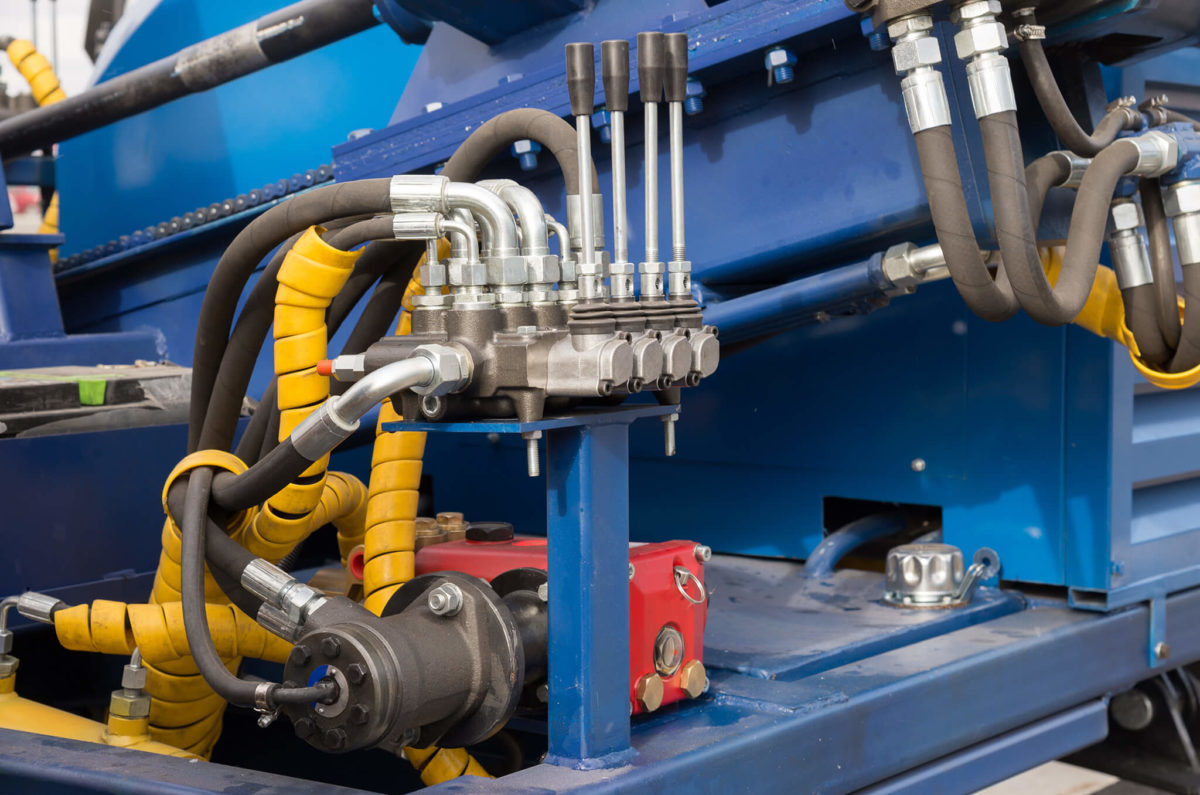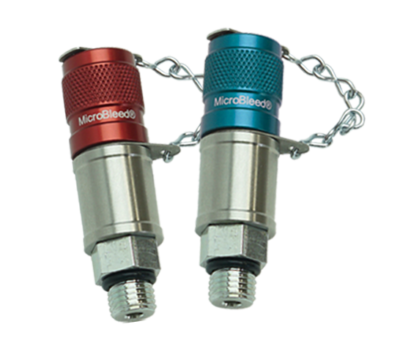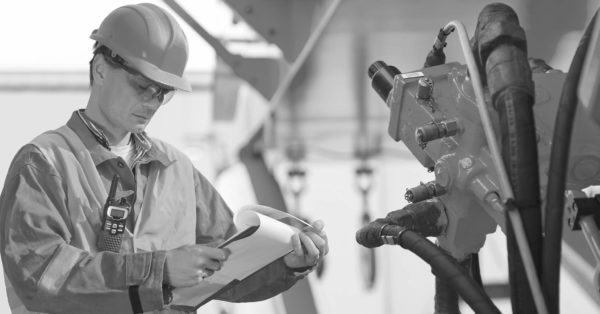Belief
If the hydraulic pump is shut off, there is no pressure and the stored energy immediately dissipates within the system.
Fact
A hydraulic system has the inherent capability to store energy even when the pump is shut off. Depending on the system design, a hydraulic system can store energy in one, two, three, or more "zones" within a system.
There are certain components, system designs, and component configurations that will allow pressure to immediately dissipate when the pump is shut off. However, there are many that don’t. It’s not possible to visually detect if there is
stored energy in a system.
Always assume that there is stored energy in a hydraulic system even when the pump is shut off. With hydraulics, it is always wise to error on the side of safety.
Belief
If you activate a hand lever-operated directional control valve or activate the override pushpin on a solenoid- operated directional control valve with the hydraulic pump shut off the stored energy will dissipate.
Fact
While the override pushpins are provided to mechanically override a solenoid-operated directional control valve, they present the same problems that manual, pilot-operated valves do. If a hydraulic system is equipped with certain types of valves, e.g. counterbalance valves or pilot-operated check valves, these valves will generally not function unless the pump is operating. In addition, many manual directional control valves and larger solenoid operated valves are pilot- operated. These valves do not shift position without pilot pressure. Pilot pressure is generally only present if the pump is operating.
Belief
A hydraulic system can be safely de-energized by "cracking" (loosening) a connector and allowing the stored energy to vent to atmosphere.
Fact
Exhausting high pressure oil to atmosphere can cause injury or death, e.g., oil injection, severe burns, eye injury or blindness. It can also present a dangerous fire hazard if the oil comes in contact with an ignition source. Therefore, high pressure hydraulic oil should NEVER be vented to atmosphere.






